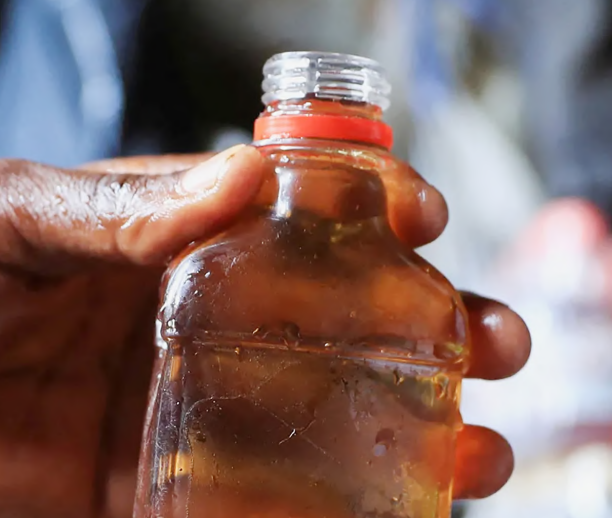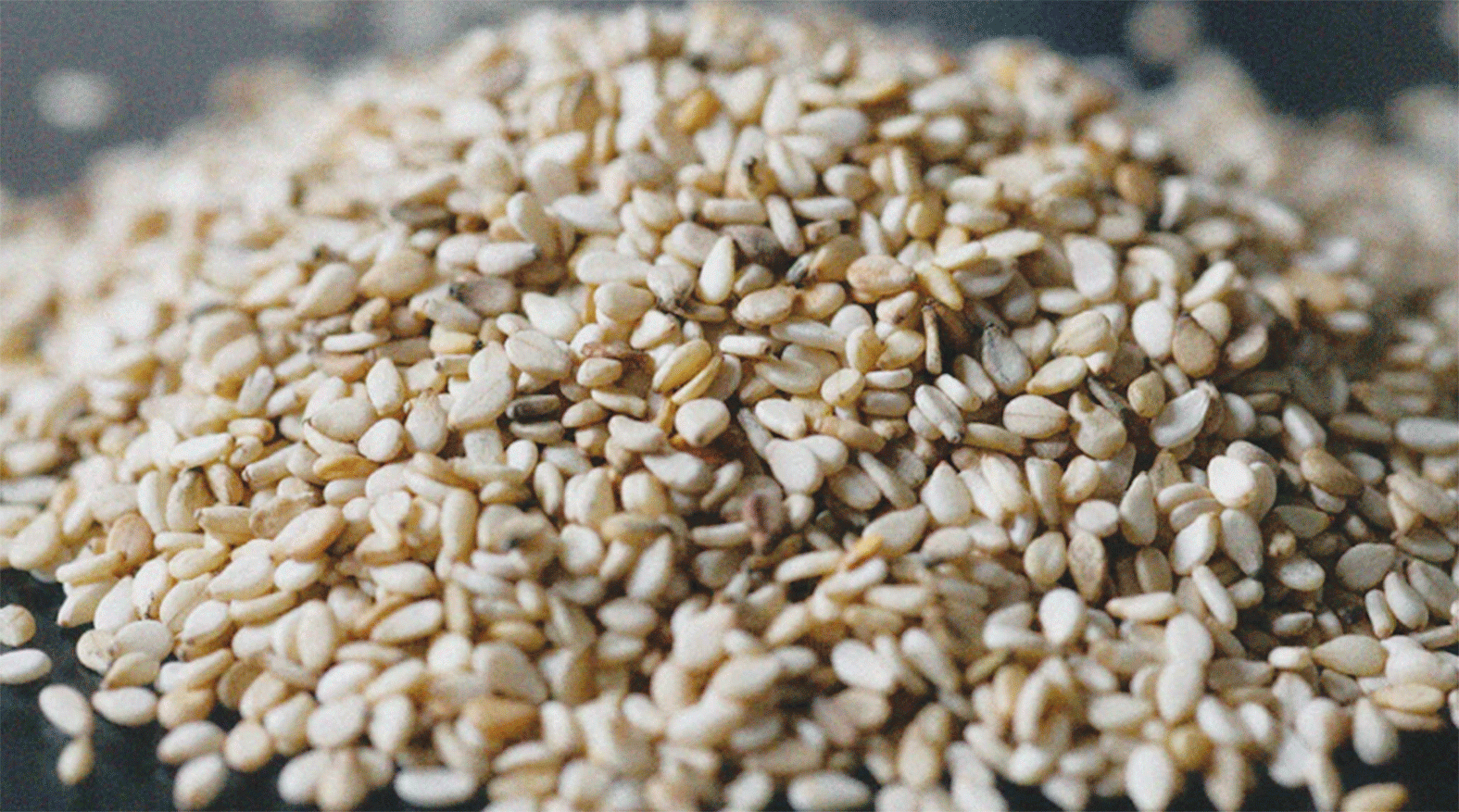
A BITING wind swept through the dimly lit bar at Boka Shopping Centre in Dangamvura, Mutare, sending shivers down the spines of patrons.
But John, huddled in the corner, seemed impervious to the cold.
Clad in a skinny T-shirt and shorts, he sat sipping his favourite illicit brew popularly known as Kambwa, his facial expressions a testament to the beer’s potent kick.
Two days without a proper meal had taken their toll on his frail frame.
He had no appetite, but the alcohol had numbed his senses, and he felt nothing.
As the wind howled outside, John’s world narrowed to the bitter taste of Kambwa — a fleeting escape from the harsh realities of his life.
One fateful night, John, a victim of his own habits, succumbed to the allure of the illicit brew.
Under the unforgiving chill of the winter night, he drank excessively, his body unprotected from the cold.
- Comatose health system: Zimbos invade neighbouring countries’ hospitals
- From US$0,50 to death: Zim’s illicit brew epidemic fills the cemetery
Keep Reading
Without warm clothing to shield him, he crawled home, his senses dulled by the illicit liquor.
He stumbled into his room, collapsed onto his bed, and fell into a deep sleep — a slumber from which he would never awaken.
The next morning, reality dawned harshly on his loved ones.
John’s lifeless body lay still, a grim testament to the lethal power of the illicit beer that had coursed through his veins.
This tragic incident is not isolated.
Many lives have been lost to the illicit liquor trade in Zimbabwe, with Kambwa being the notorious culprit.
Kambwa or mukozodo has become a silent killer, with John’s tragic tale serving as a haunting reminder of its devastating consequences.
In an emotional testimony at Dangamvura graveyard during the burial of her son, John’s aunt gave a chilling eulogy.
“Today, I stand before you, mourning the loss of my beloved son, taken from me far too soon. His life was cut short by the very thing that was supposed to bring him joy — alcohol. The illicit beer that he consumed excessively ultimately led to his demise,” she said.
“I warn you, friends and fellow drinkers, be cautious of the drinks you consume. Illicit brews may seem appealing, but they can be deadly. My son’s death is a testament to the dangers of consuming such types of alcoholic drinks.
“To my son’s friends, I urge you to stop feeding this habit. Encourage one another to seek better, safer alternatives. Let’s not lose another life to this scourge. May my son’s passing serve as a wake-up call for all of us.”
Since January this year, apart from John, four young men and a woman have succumbed to the same fate due to excessive drinking of illicit brew.
A month before John’s death, his neighbour died after a drinking binge.
A post-mortem examination showed he had a damaged liver.
“We never thought that it would end this way. We were shocked at her sudden death. According to the post-mortem, most of her internal organs had been seriously damaged. I think this is from the heavy drinking of Kambwa,” a close neighbour said.
In response to the growing public health concern, the Zimbabwean government has taken decisive action.
A new law banning the production, sale and consumption of illicit beers has been enacted, aiming to curb the scourge that has claimed countless lives.
On July 1, the Zimbabwe Republic Police (ZRP) arrested seven company executives accused of manufacturing and distributing illicit brews across the country.
“The suspects were found producing the brews using ethanol, water and various artificial flavours, posing serious health risks to consumers,” said Commissioner Paul Nyathi, the police national spokesperson.
“The move is seen as a crucial step towards protecting citizens from the dangers of these unregulated brews.”
The distilleries are making fake whiskey, brandy, vodka and other counterfeit alcoholic concoctions.
The illicit alcohol is sold for a song, with prices ranging from US$0,50 in and outside bottle stores, at street corners and open-air joints across the country.
In a statement recently, Health and Child Care minister Douglas Mombeshora said Zimbabwe is actively addressing the issue of illicit brew deaths by implementing measures such as banning certain unregulated alcoholic beverages and conducting raids on illegal production facilities.
“These actions are aimed at curbing substance abuse, protecting public health and mitigating the severe health risks associated with consuming these dangerous concoctions,” he said.
“The ministry’s actions are driven by the need to safeguard public health, particularly among vulnerable populations, and to address the escalating crisis of illicit alcohol abuse.
“The ban on these drinks, along with increased enforcement and public awareness, is a crucial step towards reducing the harmful effects of alcohol consumption and promoting a safer environment for all citizens.”
Mombeshora said the ministry is working with law enforcement, local authorities and community groups to ensure comprehensive efforts to combat the illicit alcohol trade and protect public health.
Alcohol abuse is emerging as a global public health issue.
According to a World Drug Report released by the United Nations Office on Drugs and Crime in June 2024, it is estimated that 292 million people globally (aged between 15 and 64 years) drank illicit brew last year.
A new report from the World Health Organization highlights that 2,6 million deaths per year are attributable to alcohol consumption, accounting for 4,7% of all deaths.
Notably, two million alcohol-attributable deaths were among men.
While residents mourn, process the events and replay the circumstances of these deaths, the illicit alcohol imbibers remain stuck in denial.
“Do not ask me stupid questions. Don’t you know what is happening in this country?” one of John’s friends fumed at the funeral wake.
“There are no jobs and the economy is bad. There is nothing else to do, but to drink. This is how I drown my sorrows.
“Death is death. We cannot run away from death. Whether drinking or not, one day we are all going to die.”
As the nation grapples with the aftermath of John’s death and others like him, the government’s efforts to clamp down on the illicit liquor trade offer a glimmer of hope.










